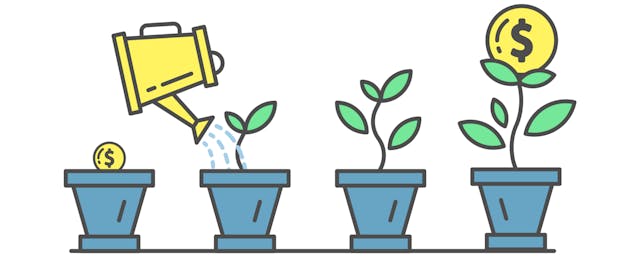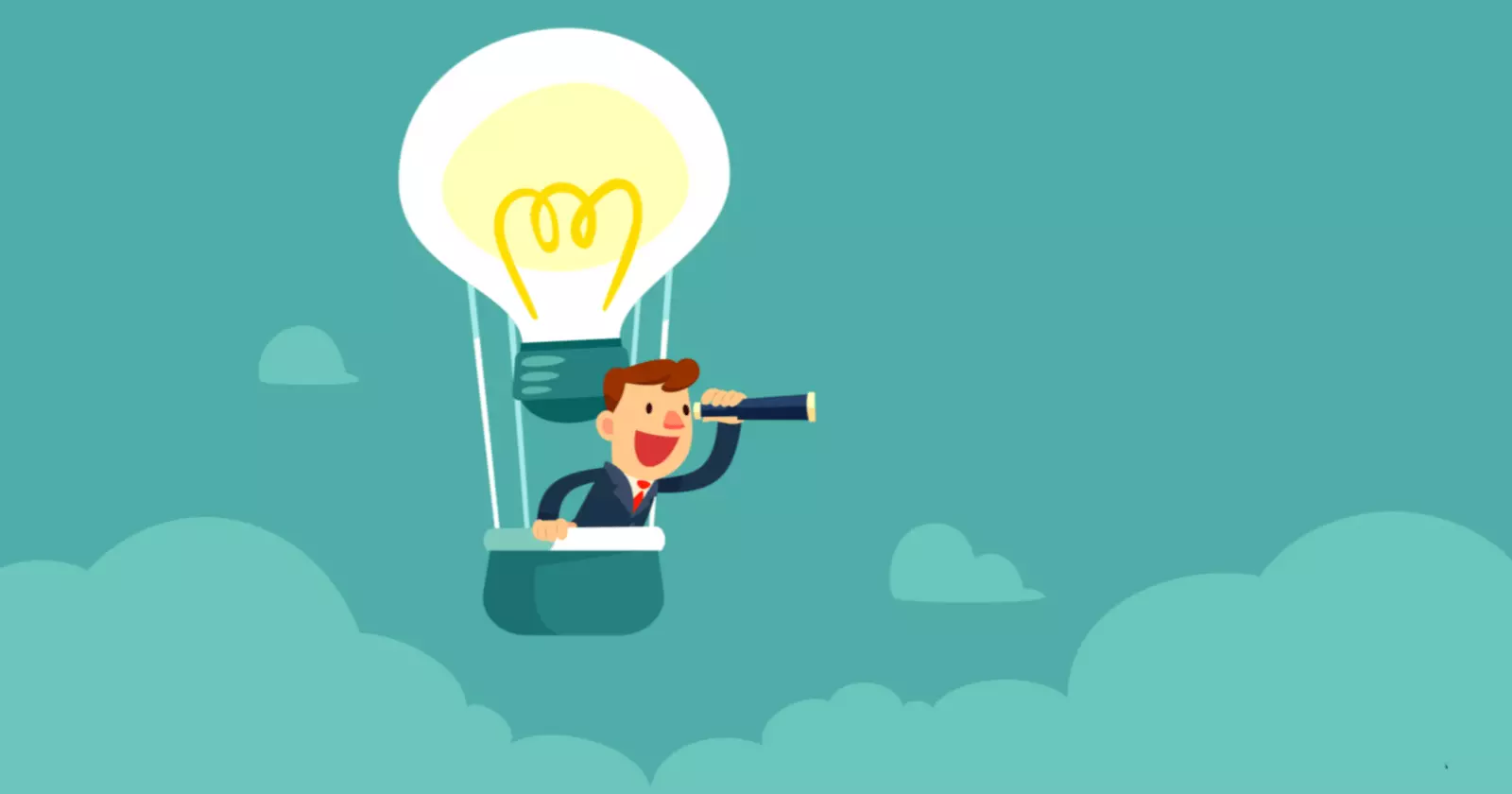Welcome to this blog on 10 key takeaways from “Rich Dad Poor Dad”
Ever since I joined Teen Financial Freedom and read Jacob’s blog on Personal Finance Books – 3 Unique Perspectives, I wanted to read the book “Rich Dad Poor Dad.” It has been known as the #1 personal finance book for the last 20 years, and if you’ve read our monthly blog reviews, you’d know that my goal is to be more educated on finances.
In Jacob’s blog, he gave this blog a 7/10. I do agree with his viewpoints given in his article, but I would give it a rating of 8.5/10. I was so caught up in the idea of working hard to get money, and this book brought me back on the right path. Something I realized is that life is not about working as hard as you can to make the most money you can, as money isn’t even the end goal. Freedom is.
Another main lesson that Rich Dad Poor Dad taught me is being rich and being wealthy are two separate things. One could be very rich, but not have enough time and freedom to do other things that person enjoys. On the other hand, being wealthy is time – how many days would you be able to survive if you stopped working today?
Robert Kiyosaki always brings up a philosophical viewpoint for each concept he writes about, and those viewpoints helped me understand each takeaway I learned. So, let’s get into the 10 takeaways I learned from “Rich Dad Poor Dad!”
1. Your mind is your greatest asset

“The single most powerful asset we all have is our mind. If it is trained well, it can create enormous wealth in what seems to be an instant.”
The first lesson I learned from “Rich Dad Poor Dad” is that your mind is your greatest asset. Your mind is the most influential thing in your life, and the way you think, your mindset, has a significant impact on your lifestyle and future. An example is in the book, when Poor dad used to say “I can’t afford it” when Rich dad used to ask, “How can I afford it?”
Think about it. If you tell yourself that you can’t afford something, you won’t even try to make an effort to afford it. However, when you ask yourself about how you can afford something, you are forced to be creative and look for opportunities to work hard to be able to afford something.
Just with that simple shift in mindset, you are creating a whole new path towards success. So, it is very important to train your mind to be positive and believe in yourself!
2. Financial knowledge is key

Intelligence solves problems and produces money. Money without financial intelligence is money soon gone.”
The second lesson in “Rich Dad Poor Dad” is that financial intelligence is key. And, that’s what this blog is for!
Robert Kiyosaki believes that financial IQ, or financial intelligence, consists of the following components:
- Accounting: Reading and understanding numbers
- Investing: The science of “money making money”
- Understanding markets: Knowing what supply and demand is, the fundamental aspects of an investment, and knowing is an investment makes sense based on the current market conditions
- The Law: This includes tax advantages and learning how to protect yourself against lawsuits
Without financial intelligence, there is no way we can be confident enough to take risks and manage our finances. Financial knowledge is key to not only building wealth, but also maintaining it!
3. Mind your own business

The mistake in becoming what you study is that too many people forget to mind their own business. They spend their lives minding someone else’s business and making that person rich.
If you read the book, you know that Kiyosaki doesn’t literally mean minding your own business. He meant looking for opportunities to invest in business to build more assets and generate a strong flow of income. And, the first step in doing this is recognizing the difference between your job and your business.
Your profession pays for your day-to-day living costs, while your business grows your assets. For example, your profession may be being a sales-person for a company, while your business is buying and trading stocks.
In Robert’s life, he would use his salary from his job to help his business, which was buying houses and selling them later at a higher price. Use this as an example to help his business, which was separate from his profession.
4. Don’t follow the crowd

Don’t follow the crowd, follow your inner wisdom, genius inside.
I really love this lesson because it relates to us teenagers so well. This lesson is don’t follow the crowd. Even when the majority of people are going one way, that doesn’t mean it is the right way. Even when the majority of people are telling you something you don’t believe in, that doesn’t mean that they are right and you are wrong.
Usually, as teenagers, we tend to change our choice in a second when we realize that others are going in a different direction or telling us otherwise. However, this habit can lead to years of regret in the future.
In the book, Robert tells a story of when he was investing in a house with a friend but his friend backed out because his neighbor had told him that it was a bad investment. In the end, Richard end up with a profit on the house he bought while his friend ended up with none.
The moral of the story is to stand apart from others and find your own path. Find out what others are missing and grab that opportunity the second you can!
5. Work to learn, not to earn
When you are young, work to learn, not to earn.
While money is an essential part of life, our lives shouldn’t revolve around it – especially at a young age. Sometimes, when we get a new job, we get so obsessed with the amount of money we receive, we forget about the real thing that matters – the amount of skills we will gain, the amount of education we will learn. That’s what really matters.
Education is a much more valuable element than money, as money is temporary and education is forever. What we learn today will stick with us for the rest of our lives.
I like to think about it like this – if the first job I ever have is a job I chose for money, I’ll be doomed for life. I won’t focus on the new skills I would have learned. I’ll be stuck at the same job because my skillset would remain the same. However, if I took a job because of the amount of education and new skills I will receive, it would serve as a booster to my entire career – 10-15+ years from now. And, with the knowledge and skills I now have, I could get a higher-paying job in the future.
6. Failing is a part of winning

Winners are not afraid of losing. But losers are. Failure is part of the process of success. People who avoid failure also avoid success.
This may sound a bit odd, but failure is a part of winning – if you embrace it and learn from it. People who shy away from failure are people who don’t try new things. Failure gives us an opportunity to grow and work harder next time. It gives us motivation to succeed.
Without failure, there is no success. So, if you want to be successful, remember that it is more than okay to fail at something!
7. Focus on opportunities

Most people never get wealthy simply because they are not trained financially to recognize opportunities right in front of them.
We can’t wait for opportunities to knock at the door. We first have to build the door.
Opportunities are right in front of us, but we first have to realize that they are there and take action.
When Robert and his friend, Mike, were young, they wanted to find a way to make money. Most kids at that point would give up knowing that it is super hard to make money, but Robert and Mike persevered. They created a business by looking at a box of donated books.
If I saw that, I would ignore the stack of books and move on. But, Robert and his friend created a library for a fee where other kids could come and read the books.
Just like that story, there are so many opportunities outside right now. We have to be the ones to find them and take action!
8. Make money work for you
The poor and the middle class work for money. The rich have money work for them.
As said in the quote above, the difference between the rich and the poor/middle class is that the rich have money work for them and the poor and middle class work for money.
This takeaway is something that I’m still struggling to fully understand, so I’ll just share my viewpoint on this so far.
The reason why the poor/middle class society are not as wealthy as the rich is because they are just focused on earning a source of income. On the other hand, the rich society are full of individuals who have created businesses and invested in companies that their money creates more money.
9. Buy assets, not liabilities

You must know the difference between an asset and a liability, and buy assets. If you want to be rich, this is all you need to know.
The second to last takeaway from the book is to buy assets, not liabilities.
Robert Kiyosaki defines assets as things that put money in your pocket and liabilities as things that take money away from your pocket.
The problem is that poor/middle class individuals buy liabilities that they think are assets. For example, in the book, Robert’s poor dad believed that his house was his greatest asset, while a house is not a good asset. With mortgages and services for the house, there were several expenses that take money away him pocket.
Some examples of assets are real estate investments , a business, and the dividends from stock and bond investments.
10. Take risks

Successful people take big risks knowing they might fall hard. But, they might succeed more than they ever imagined, too.
Last but not least, I learned to take risks from “Rich Dad Poor Dad.” Taking risks is something that all of us are scared are, but without taking risks, we never know how far we can actually go.
Another important detail Kiyosaki mentioned is that the higher your financial intelligence, the lower the risk. A risk is not really a risk if you have all your facts straight and know what you are getting into!
The (Final) Takeaway:
As a recap, the 10 key takeaways from “Rich Dad Poor Dad” are:
- Your mind is your greatest asset
- Financial intelligence is key
- Mind your own business
- Don’t follow the crowd
- Work to learn, not to earn
- Failing is a part of winning
- Focus on opportunities
- Make money work for you
- Buy assets, not liabilities
- Take risks
These are just 10 out of the multiple lessons shared in that book. I highly recommend reading it to get a better understanding of how to make money and become wealthy! Whether you are just at the beginning of your financial journey (like I am) or are already knowledgeable on finances, this book is a great read.
You can buy the book here: Rich Dad Poor Dad: What the Rich Teach Their Kids About Money That the Poor and Middle Class Do Not!
If you want to hear Robert Kiyosaki, the author of the book, in action, watch this TED talk on him delivering a speech on why the rich are getting richer.
I am super grateful I read this book, as I learned so many valuable lessons that will help me with my finances for the years to come. My next goal now is to apply these teachings into my life!
Thanks for reading this blog on the 10 takeaways from “Rich Dad Poor Dad” and let me know in the comments some other takeaways you’ve learned from this book!
